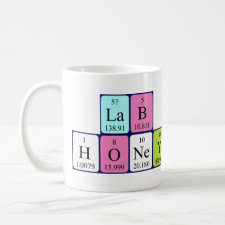
Authors: Liu WF, Qin L, Shi WP, Chen L, Yang YZ, Liu XG, Xu BS
Article Title: Molecularly imprinted polymers on the surface of porous carbon microspheres for capturing dibenzothiophene.
Publication date: 2016
Journal: Microchimica Acta
Volume: 183
Issue: (3)
Page numbers: 1153-1160.
DOI: 10.1007/s00604-016-1746-2
Alternative URL: https://www.researchgate.net/publication/291390240_Molecularly_imprinted_polymers_on_the_surface_of_porous_carbon_microspheres_for_capturing_dibenzothiophene
Abstract: A molecularly imprinted polymer (MIP) was deposited on the surface of porous carbon microspheres (MIP/p-CMSs) to obtain a sorbent for dibenzothiophene (DBT). The MIP/p-CMSs were synthesized by grafting polymerization and surface molecular imprinting using DBT as the template molecule, methacrylic acid as the functional monomer, and ethylene glycol dimethacrylate as the cross-linker. Field emission scanning electron microscopy and FTIR were used to characterize the morphology and structure of the sorbent. Additional studies included static adsorption experiments in terms of kinetics, isotherms and selective recognition adsorption. The results indicate that MIP/p-CMSs possess good recognition selectivity and affinity for DBT. The adsorption capacity reaches 123.7 mg g-1 after 150 min. The adsorption on the heterogeneous MIP/p-CMSs was modeled with pseudo-second-order and Langmuir-Freundlich isotherms. Regeneration tests show the MIP/p-CMSs to be 10 times reusable without significant loss in adsorption capacity. The method was applied to capturing DBT from (spiked) gasoline and the results confirmed its applicability. Recoveries ranged from 93.2 % to 97.7 %
Template and target information: dibenzothiophene, DBT
Author keywords: Field emission scanning electron microscopy, FTIR, BET, Barrett-Joyer-Halendal model, adsorption isotherms, gas chromatography



Join the Society for Molecular Imprinting

New items RSS feed
Sign-up for e-mail updates:
Choose between receiving an occasional newsletter or more frequent e-mail alerts.
Click here to go to the sign-up page.
Is your name elemental or peptidic? Enter your name and find out by clicking either of the buttons below!
Other products you may like:
 MIPdatabase
MIPdatabase









